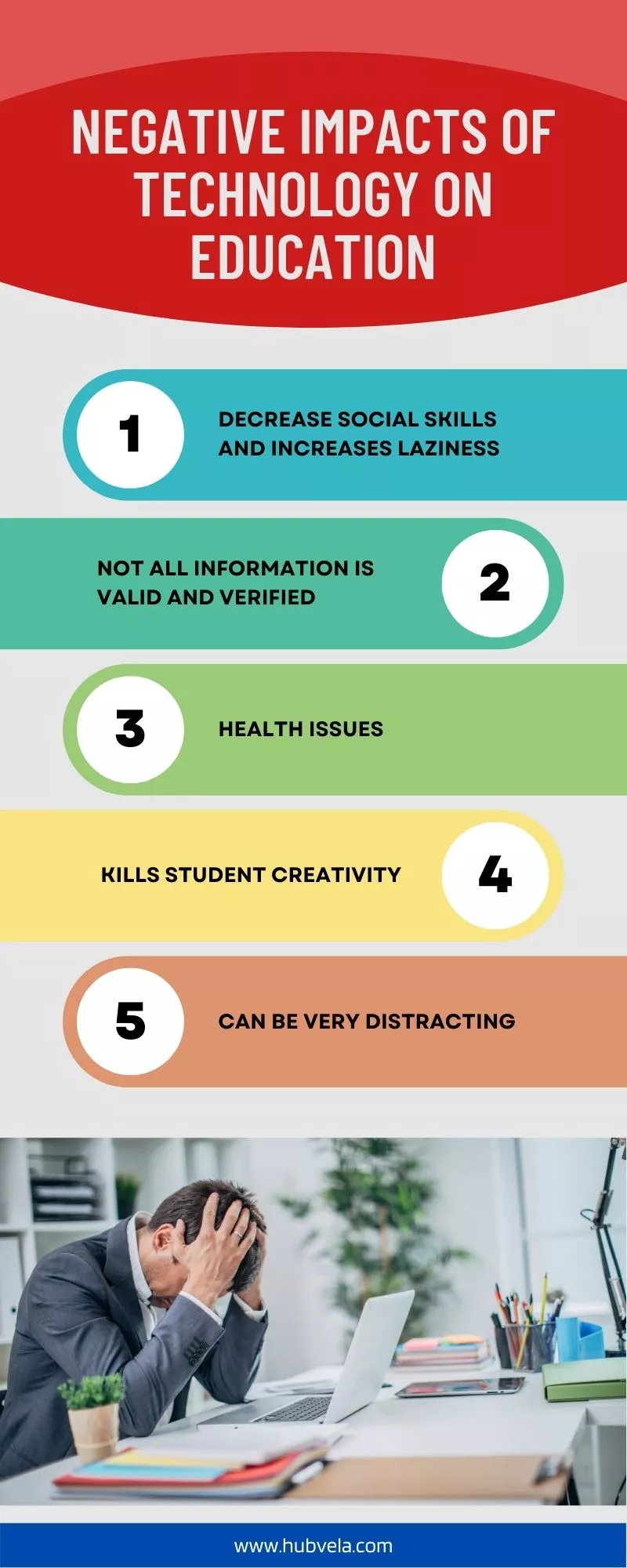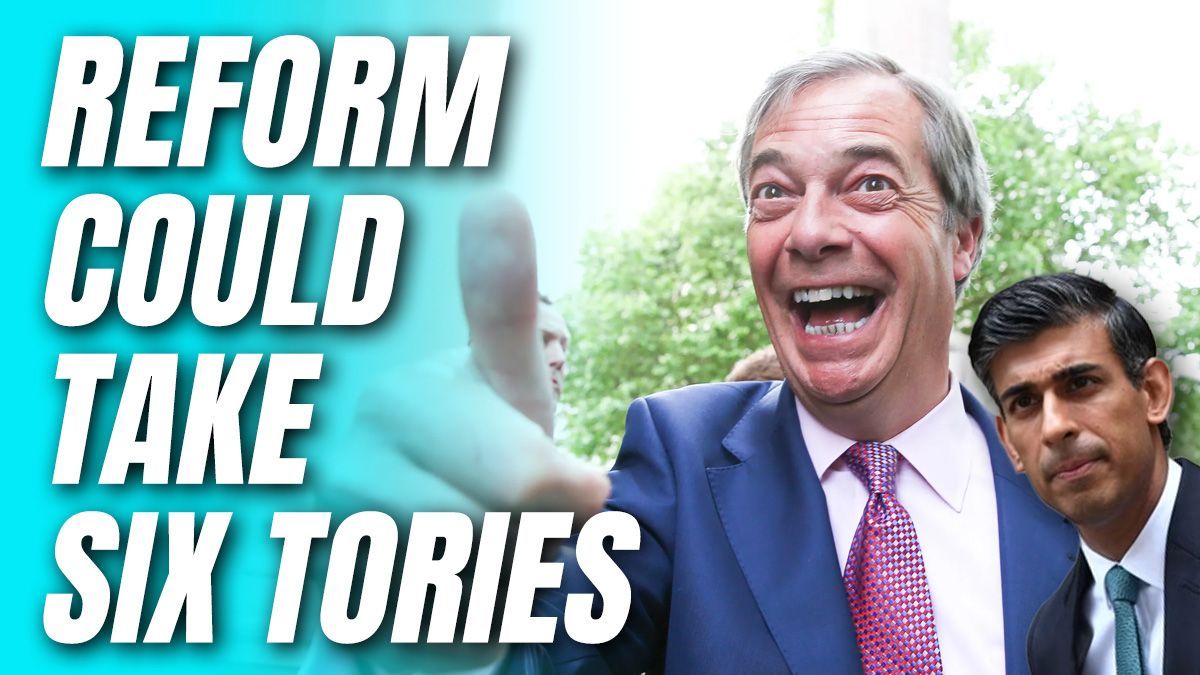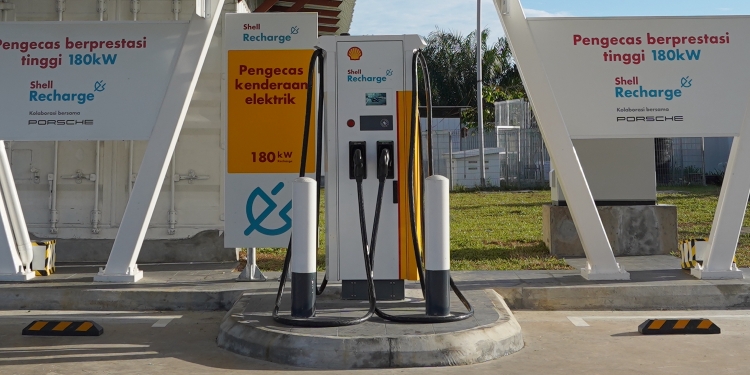Rethinking School Suspensions: Negative Impacts And Better Alternatives

Table of Contents
The Detrimental Effects of School Suspensions
School suspensions, while seemingly a straightforward disciplinary approach, carry far-reaching negative consequences for students and the school community as a whole. The impact extends beyond the immediate suspension period, often creating a ripple effect with long-term implications.
Increased Risk of School Dropout and Criminal Activity
Suspensions significantly disrupt a student's academic progress. The time away from school leads to increased absenteeism, missed coursework, and ultimately, a higher likelihood of dropping out. This lost learning time creates a significant academic disadvantage, making it harder for students to catch up and succeed.
Furthermore, research consistently demonstrates a strong correlation between school suspension and future involvement in the juvenile justice system. This contributes significantly to the school-to-prison pipeline, a cycle where students are pushed out of the education system and into the criminal justice system. This is exacerbated by the fact that suspended students often lack access to crucial support systems, leaving them vulnerable and more likely to engage in risky behaviors.
- Increased likelihood of delinquency: Studies show a direct link between suspension and increased rates of criminal activity.
- Reduced graduation rates: Suspensions contribute to lower graduation rates, limiting future opportunities for affected students.
- Involvement in gangs: Students facing suspension may be more likely to associate with gangs and engage in gang-related activities.
Negative Impact on Mental Health and Social-Emotional Well-being
Beyond the academic consequences, school suspensions have a devastating impact on students' mental health and social-emotional well-being. The experience of suspension can be deeply isolating and stigmatizing, leading to feelings of shame, anger, and resentment. Being removed from a supportive learning environment, where they may have positive relationships with teachers and peers, can exacerbate existing mental health conditions or trigger new ones.
The emotional distress associated with suspension can manifest in various ways, including increased anxiety, depression, and feelings of alienation. These negative emotions can significantly impact a student's ability to learn and thrive both academically and socially.
- Increased depression rates: Students who are suspended are more likely to experience symptoms of depression.
- Anxiety disorders: Suspension can trigger or worsen anxiety disorders in vulnerable students.
- Feelings of alienation: The isolation experienced during suspension can lead to feelings of detachment and alienation from the school community.
Disproportionate Impact on Minority Students
A deeply concerning aspect of school suspensions is their disproportionate impact on minority students, particularly African American and Hispanic students. This disparity highlights the presence of systemic inequalities and implicit bias within the education system. Disciplinary practices often reflect unconscious biases, leading to harsher punishments for students of color for similar infractions compared to their white peers.
Addressing this issue requires a fundamental shift in disciplinary practices, implementing culturally responsive approaches that consider the unique backgrounds and experiences of all students. This requires ongoing professional development for educators and administrators to recognize and mitigate their own biases.
- Racial disparities in suspension rates: Significant discrepancies exist in suspension rates between different racial and ethnic groups.
- Need for equitable disciplinary practices: A focus on equitable practices is crucial to ensure fair and just treatment for all students.
Effective Alternatives to School Suspensions
Fortunately, there are effective and research-backed alternatives to school suspensions that address misbehavior while promoting positive behavior and student well-being. These approaches move away from punitive measures and focus on restorative practices, proactive interventions, and social-emotional learning.
Restorative Justice Practices
Restorative justice offers a transformative approach to discipline, focusing on repairing the harm caused by misbehavior through dialogue and accountability. Instead of punishment, it emphasizes understanding the root causes of the conflict and involving all stakeholders—the offender, the victim, and the community—in finding a resolution.
This approach fosters empathy, understanding, and reconciliation, helping students take responsibility for their actions and make amends for any harm they have caused. It promotes a sense of community ownership and encourages positive relationships within the school.
- Conflict resolution: Restorative practices provide structured methods for resolving conflicts peacefully.
- Mediation: Trained mediators facilitate discussions between involved parties to find mutually agreeable solutions.
- Community circles: These gatherings bring together the school community to address issues and build relationships.
Positive Behavior Interventions and Supports (PBIS)
PBIS is a proactive framework that emphasizes teaching and reinforcing positive behaviors. By focusing on creating a positive school climate, where students feel supported, respected, and valued, PBIS aims to prevent behavioral issues before they arise. It utilizes data-driven strategies to identify and address specific behavioral challenges.
This approach involves establishing clear expectations for behavior, providing positive reinforcement for desired actions, and teaching students the skills they need to manage their behavior effectively. The focus is on prevention and proactive support rather than reactive punishment.
- Behavioral expectations: Clearly defined and consistently applied expectations for student behavior.
- Positive reinforcement: Rewarding positive behavior to encourage its continuation.
- Proactive classroom management: Strategies to create a positive and engaging learning environment.
Social-Emotional Learning (SEL) Programs
Social-emotional learning (SEL) programs equip students with the essential skills they need to manage their emotions, build positive relationships, and make responsible decisions. By developing students' self-awareness, self-management, social awareness, relationship skills, and responsible decision-making, SEL aims to prevent behavioral problems before they occur.
Integrating SEL into the curriculum can significantly reduce disciplinary incidents by fostering emotional intelligence and resilience among students. This proactive approach addresses the underlying causes of misbehavior, creating a more supportive and nurturing learning environment.
- Emotional regulation: Learning to understand and manage one's emotions effectively.
- Empathy development: Building the ability to understand and share the feelings of others.
- Conflict resolution skills: Developing strategies for resolving conflicts peacefully and constructively.
Conclusion
School suspensions, while seemingly a quick fix for disciplinary issues, ultimately cause more harm than good. Their negative impacts on students' academic success, mental health, and future prospects are well-documented. By implementing effective alternatives like restorative justice, PBIS, and SEL programs, schools can create safer, more supportive learning environments that foster positive behavior and promote student well-being. Let's work together to rethink school suspensions and build a more equitable and effective education system for all children. We must continue to explore and implement better alternatives to school suspensions and prioritize the well-being of all students. Let's move beyond the limitations of school suspensions and embrace innovative approaches that support the holistic development of every child.

Featured Posts
-
 Sabrina Carpenter Fortnite Skin Confirmed Date And Time
May 03, 2025
Sabrina Carpenter Fortnite Skin Confirmed Date And Time
May 03, 2025 -
 Lotto Results For Wednesday 30th April 2025
May 03, 2025
Lotto Results For Wednesday 30th April 2025
May 03, 2025 -
 Sistema Penitenciario Recibe Flota De 7 Vehiculos Nuevos
May 03, 2025
Sistema Penitenciario Recibe Flota De 7 Vehiculos Nuevos
May 03, 2025 -
 Energy Policy Reform Following Guido Fawkes Analysis Of The New Trajectory
May 03, 2025
Energy Policy Reform Following Guido Fawkes Analysis Of The New Trajectory
May 03, 2025 -
 Building A Supportive Community 5 Strategies For Mental Health Acceptance
May 03, 2025
Building A Supportive Community 5 Strategies For Mental Health Acceptance
May 03, 2025
Latest Posts
-
 Daur Ulang Cangkang Telur Manfaatnya Untuk Pertumbuhan Tanaman Dan Kesehatan Hewan
May 04, 2025
Daur Ulang Cangkang Telur Manfaatnya Untuk Pertumbuhan Tanaman Dan Kesehatan Hewan
May 04, 2025 -
 Kivinin Kabugu Yenir Mi Yenmez Mi Besin Degerleri Ve Dikkat Edilmesi Gerekenler
May 04, 2025
Kivinin Kabugu Yenir Mi Yenmez Mi Besin Degerleri Ve Dikkat Edilmesi Gerekenler
May 04, 2025 -
 100 Rebate On Hpc Ev Chargers This Raya Shell Recharge East Coast Promotion
May 04, 2025
100 Rebate On Hpc Ev Chargers This Raya Shell Recharge East Coast Promotion
May 04, 2025 -
 Cangkang Telur Bekas Manfaatkan Secara Kreatif Untuk Pertanian Dan Peternakan
May 04, 2025
Cangkang Telur Bekas Manfaatkan Secara Kreatif Untuk Pertanian Dan Peternakan
May 04, 2025 -
 Kivinin Kabugu Yenir Mi Oence Bilmeniz Gerekenler Tam Bir Rehber
May 04, 2025
Kivinin Kabugu Yenir Mi Oence Bilmeniz Gerekenler Tam Bir Rehber
May 04, 2025
